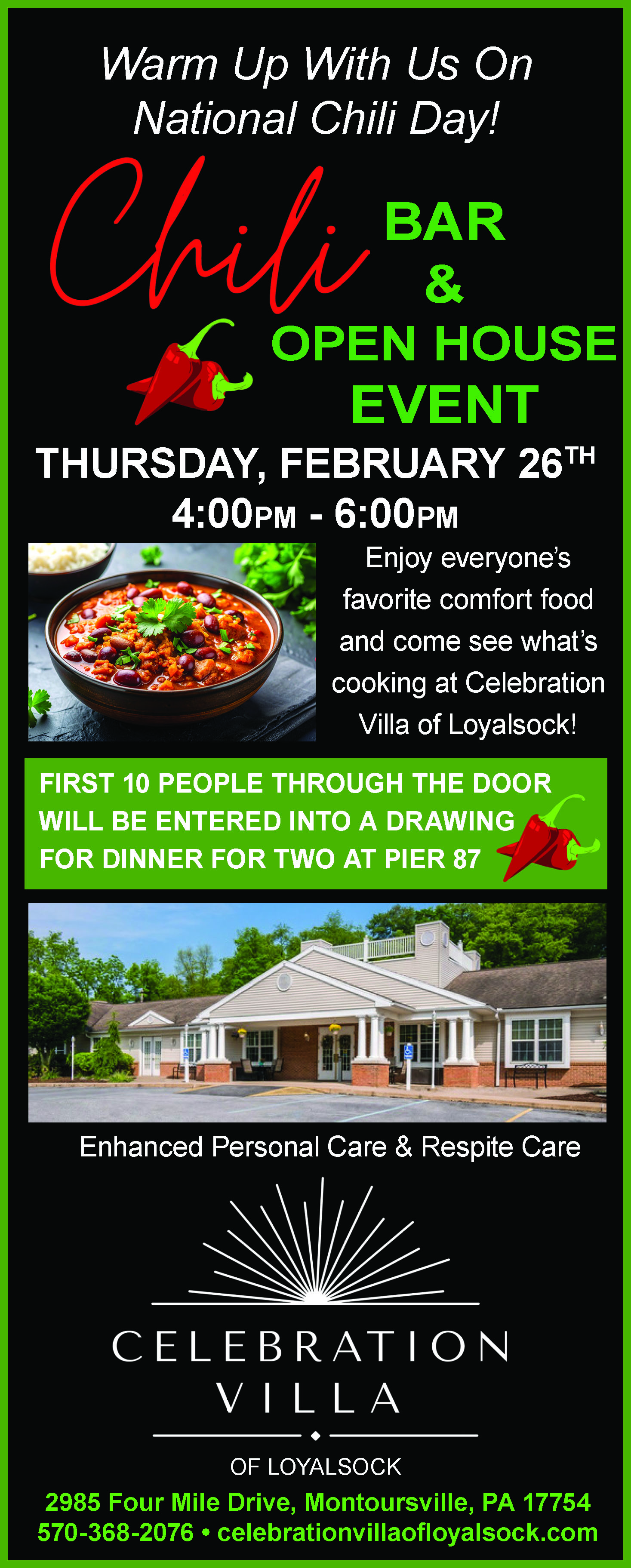Two weeks ago, America lost one of its true civil rights giants when Rep. John Lewis of Georgia died after a battle with pancreatic cancer. It was my pleasure and thrill to have met Rep. Lewis, if only briefly, in August of 1999.
I was attending a Negro League Historical Conference in Atlantic City, which was a gathering of Negro League historians from across the country, and Congressman Lewis was also there in the same hotel attending a related event that honored John “Pop” Lloyd, considered by many baseball historians as the greatest shortstop in the history of the Negro Leagues. Lloyd was an Atlantic City resident who died in 1964.
While waiting for one of my conference sessions to begin, I saw a group of people gather as a distinguished-looking black man, wearing a blue suit came in. I immediately recognized him as John Lewis. In addition to being involved in Negro League’s history, I am also a student of the Civil Rights Movement. I could hardly believe my luck that I was now in the presence of this great man that I so admired.
After a short time, he sat down near me, and I hesitantly started talking to him. He immediately saw my nervousness and immediately disarmed me with a broad smile. I told him what a thrill it was for me to meet a man of his historical stature. He said he appreciated my admiration but said there are many more people whose names we will never hear, who made a great contribution to the “Movement” as well and that all he was a “humble foot soldier for justice.”
I told him why I was there. He complimented me and the others who were attending my conference and his function for helping to preserve and remember the important history of the Negro Leagues and how it helped to sustain black hopes during the time of segregation.
The son of Alabama sharecroppers, Lewis began his activist career early, while a student at Fisk University in Nashville, Tennessee. He helped to lead lunch counter sit-ins in a bid to desegregate those counters. In 1961, he was beaten and severely injured by angry mobs while participating as a “Freedom Rider,” in an attempt to integrate interstate bus travel in Montgomery, Alabama.
As a leader of the Student Non-Violent Coordinating Committee from 1963 to 1966, he was one of the Rev. Dr. Martin Luther King Jr.’s leading organizers. He assisted greatly in the legendary “March on Washington” in August 1963.
He was one of the leaders of the Selma to Montgomery march in March 1965 that sought passage of the Voting Rights Act of 1965. One of the enduring images and moments of the Civil Rights Movement was that of Lewis and others being beaten by police clubs at the Edmund Pettus Bridge in Selma, on a day known as “Bloody Sunday.” Interestingly, there is a drive to rename the bridge in honor of Lewis.
From 1977 to 1981, under President Jimmy Carter, he served as the head of ACTION, the federal volunteer agency.
He began his elective career as an Atlanta city councilman in 1981 and in 1986 was elected to Congress, where he served until his death.
In 2011, Lewis was presented the Presidential Medal of Freedom by America’s first black President, Barack Obama, something that Lewis’ activism no doubt helped bring about.
I can think of no better way to end this than by quoting the words of Lewis himself, “You are a light. You are the light. Never let anyone — any person or any force — dampen, dim, or diminish your light. Study the path of others to make your way easier and more abundant. Lean toward the whispers of your own heart, discover the universal truth, and follow its dictates. Release the need to hate, to harbor division, and the enticement of revenge. Release all bitterness. Hold only love, only peace in your heart, knowing that the battle of good to overcome evil is already won. Choose confrontation wisely, but when it is your time don’t be afraid to stand up, speak up, and speak out against injustice.”




Leave a Comment
Your email address will not be published. Required fields are marked with *